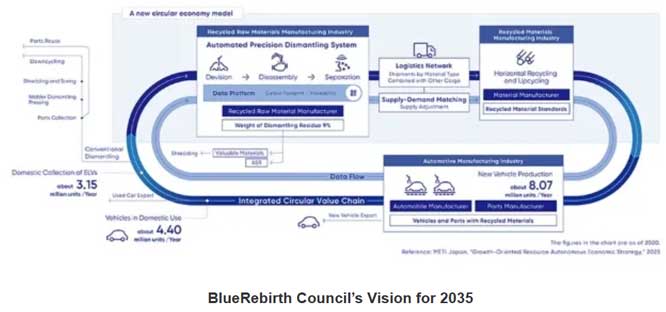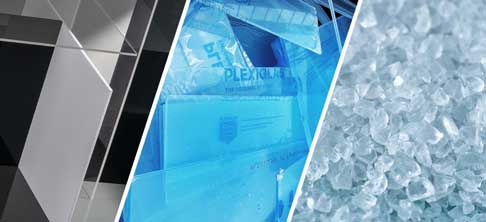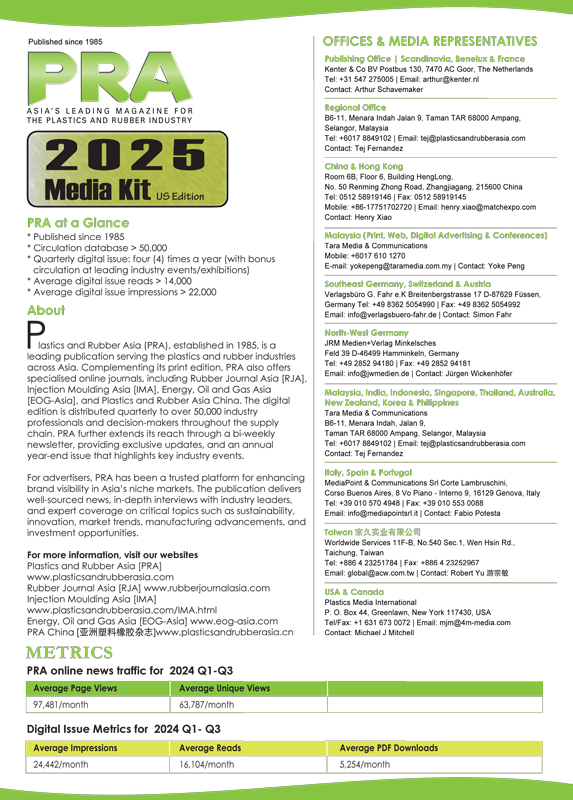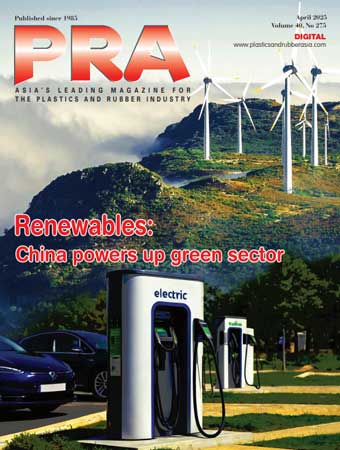Green tie-ups: Japan sets up BlueRebirth Council for closed-loop auto recycling; Pekutherm/Polyvantis to recycle PMMA/acrylic waste
Denso Corporation, Toray Industries, Nomura Research Institute, Honda Motor Co, Matec Inc and Rever Corporation have announced the establishment of the BlueRebirth Council. Initiated by these six companies, the Council aims to build a manufacturing and recycling integrated value chain to realise car-to-car recycling, starting with automated precision dismantling, which efficiently disassembles end-of-life vehicles (ELVs) for material recovery and recycling.

In recent years, the automotive industry has sought to transition to a circular economy to help realize a sustainable society, taking on the significant challenge of reducing natural resource consumption by greatly expanding the use of recycled materials. However, the mainstream global method remains shredding ELVs followed by material sorting, which makes it extremely difficult to secure high purity recycled materials. Furthermore, collaboration between manufacturing and recycling industries has not been sufficient, and as a result, initiatives to use recycled materials as automotive components, which require both high quality standards and adequate supply volumes for mass production, have not progressed sufficiently. In addition, the automotive recycling industry faces challenges in promoting automation and digitalisation and in addressing worker shortages by improving workplace environments.
The newly established BlueRebirth Council aims to address these challenges and, looking ahead to 2035, evolve the automotive recycling industry into a “recycled materials manufacturing industry” that plays a key role as part of a new resource-circulating value chain within the automotive industry. Through these efforts, the companies behind the Council are committed to realising a true Car-to-Car recycling system.
As specific initiatives, the Council will engage in discussions and research, as well as advance technology development and demonstration projects together with participating companies, research institutions, and other stakeholders, starting with the automated precision dismantling of ELVs to build a manufacturing and recycling integrated value chain.
Automated precision dismantling is an advanced intelligent system that utilises AI and sensor technologies to enable robots to operate along the optimal path even for deformed parts. This not only ensures the quality and volume of recycled materials that were difficult to achieve with conventional methods, but also contributes to fundamentally solving worker shortages. Furthermore, by recording information such as material provenance and environmental impact on a digital platform and sharing it across the manufacturing and recycling value chain, we can ensure a reliable and stable supply of recycled materials.

Meanwhile, in other news, German companies Pekutherm Kunststoffe GmbH and Polyvantis GmbH have launched a joint take-back and recycling program for Plexiglas acrylic semi-finished waste materials. The goal of this collaboration is to conserve resources, systematically collect industrial waste, and return acrylic scraps to the circular economy. Production waste from processors and distributors is centrally collected, then processed by Pekutherm under strict quality standards and returned to Polyvantis as high-quality recyclate. The material is then used in new, sustainable product lines such as Plexiglas proTerra sheets.
Pekutherm is a TÜV-certified waste management specialist and has been focused on recycling technical plastics for over 30 years. With an annual capacity of around 10,000 tonnes, the company produces high-quality acrylic and polycarbonate recyclates from post-industrial sheet waste, suitable for extrusion applications. As a full-service provider, Pekutherm offers a comprehensive solution for the reuse of thermoplastic materials.
The branded acrylic glass Plexiglas is ideally suited for sustainable use: it is durable, can be recycled by type, and—using the right processes—can be almost fully recovered without compromising material quality.
Through its collaboration with Polyvantis, Pekutherm has created an efficient solution for systematically returning Plexiglas waste to the materials cycle. The take-back program is aimed at specialised fabricators and distributors across Europe, helping them feed production waste back into the raw materials loop.
Processing and distribution companies collect Plexiglas acrylic waste as part of their routine operations. Upon request, Pekutherm organises Europe-wide collection within 48 hours, handles the material processing, and returns the recyclate to Polyvantis. There, the recycled raw material is used once again in the production of high-quality semi-finished products.
Participating companies receive an annual recycling certificate as part of the Pekutherm Recycling Partner Programme. The accompanying seal can be used in sustainability reports, environmental communications, and marketing materials.
Subscribe to Get the Latest Updates from IMA Please click here
©2025 Injection Moulding Asia. All rights reserved.










